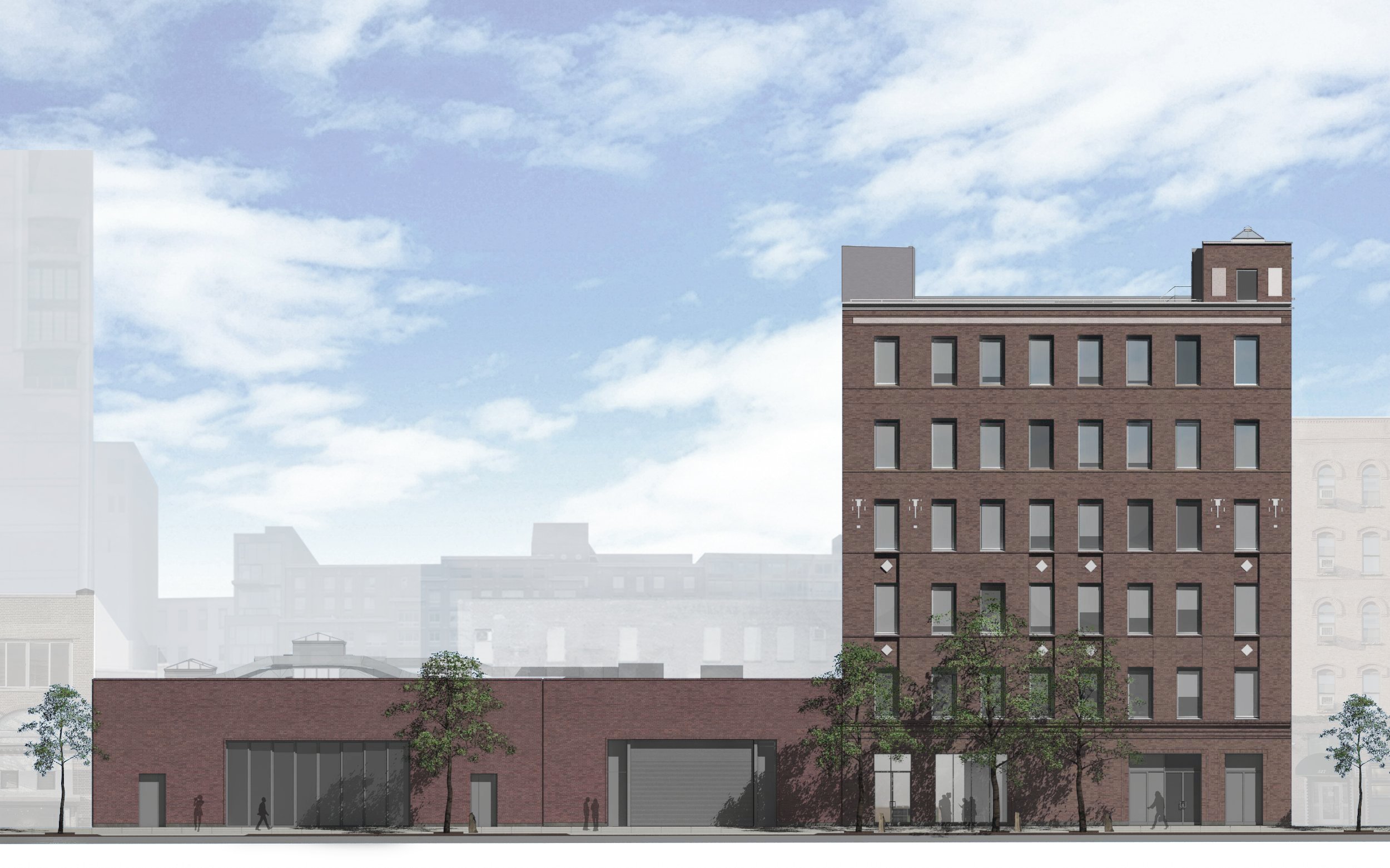
The Dia Art Foundation is breaking ground this month on plans to upgrade Dia:Chelsea, a project that will see its three buildings on West 22nd Street merged into a single art venue.
The new space, designed by the New York-based Architecture Research Office, will total 32,500 square feet, 20,000 of which will be dedicated to exhibitions, programming, and a new bookstore. As far as New York institutions go, the new space will be bigger than the Drawing Center (at 9,150 square feet) and the Leslie-Lohman Museum of Gay and Lesbian Art (5,600 square feet), but smaller than the New Museum (58,700 square feet).
The building will maintain the same industrial feel that characterizes all of Dia’s spaces. “I couldn’t imagine building something new,” Jessica Morgan, director of Dia Art Foundation, told artnet News. “Sure, one could build a kind of fake factory but that would be ridiculous. I couldn’t imagine building a new building that would have that quality. We want the architecture to step back so that the art is able to step forward. To me it was very much about knowing these sites of Dia as I had done for many years. None of them were characterized by new architecture. They were all found spaces and I think that the relationship between the space and the work that’s shown was absolutely essential because there’s a kind of humility to those spaces.”
An exterior shot of the current Dia:Chelsea. Courtesy of the Dia Art Foundation. Photo: Don Stahl.
Following the completion of the new Dia:Chelsea, the institution will undertake the other components of its expansion, including the reopening of a 2,500-square-foot gallery at 77 Wooster Street in SoHo—a space it has rented out to retail stores for the past 10 years—and the addition of 11,000 square feet of exhibition space to the lower-level galleries at Dia:Beacon, the organization’s museum in the Hudson Valley.
To date, Dia has raised upwards of $72 million of funding for the expansion project, making it well on its way toward reaching its $90 million goal. (The target for the fundraising campaign has grown from the initial $78 million number tied to the renovation announcement last year.) Only a small percentage of the money will be put toward constructions costs, with the “largest portion” going back to the institution’s endowment, a representative from Dia said.
Dia:Chelsea is scheduled to reopen to the public in the fall of 2020.